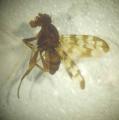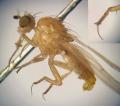Diptera.info :: Identification queries :: Diptera (adults)
Who is here? 1 guest(s)
|
Calamoncosis glyceriae (Chloropidae)
|
|
| Renko |
Posted on 15-01-2023 19:07
|
|
Member Location: North of France Posts: 2392 Joined: 08.10.13 |
A Cloropidae found in North of France, at Clairmarais, the 11 June 2022, in a humid grassland
Renko attached the following image: 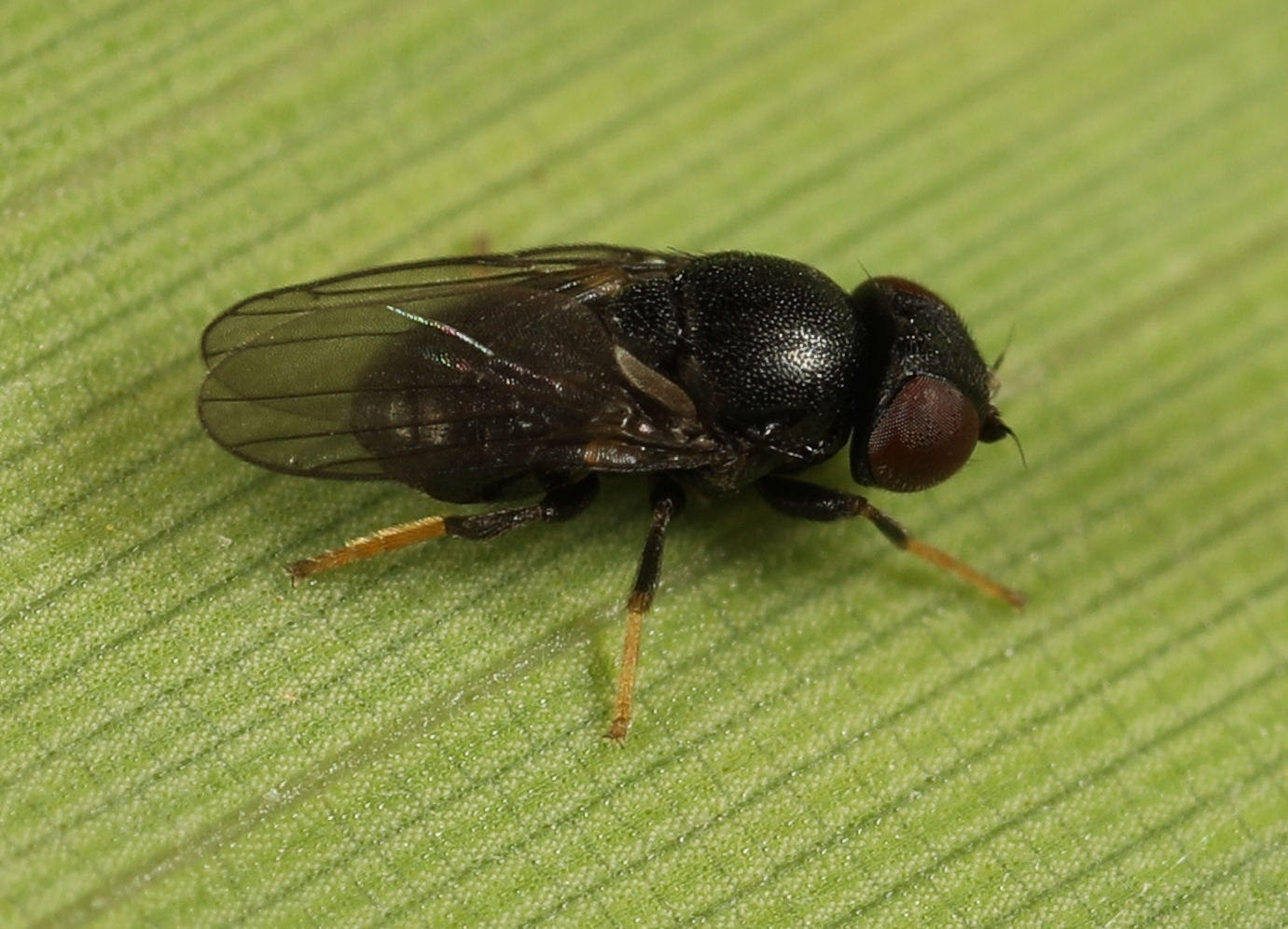 [216.23Kb] Edited by Renko on 20-01-2023 11:51 |
|
|
|
| Renko |
Posted on 15-01-2023 19:08
|
|
Member Location: North of France Posts: 2392 Joined: 08.10.13 |
2nd picture
Renko attached the following image: 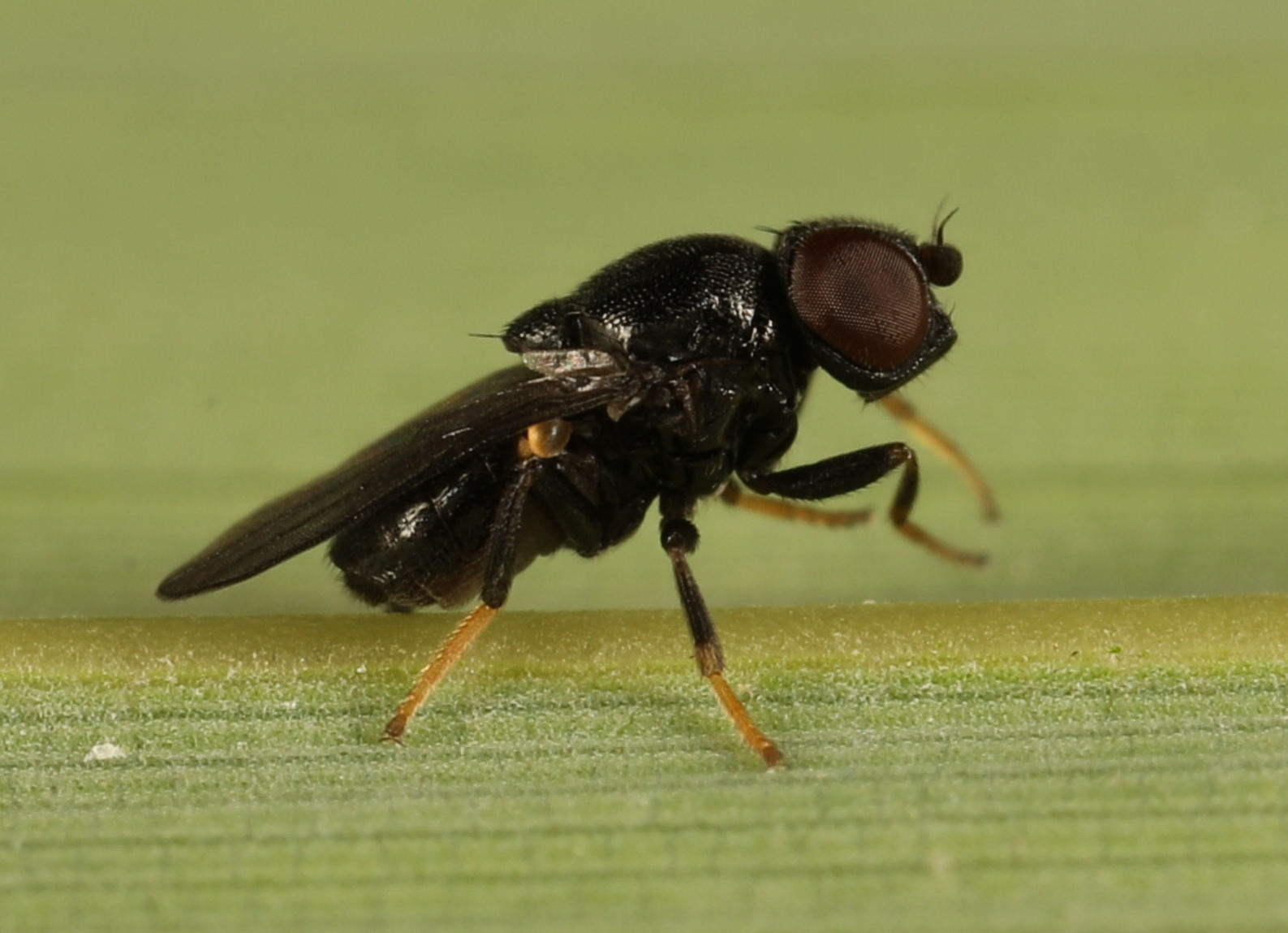 [150.94Kb] |
|
|
|
| Renko |
Posted on 15-01-2023 19:08
|
|
Member Location: North of France Posts: 2392 Joined: 08.10.13 |
3rd picture
Renko attached the following image: 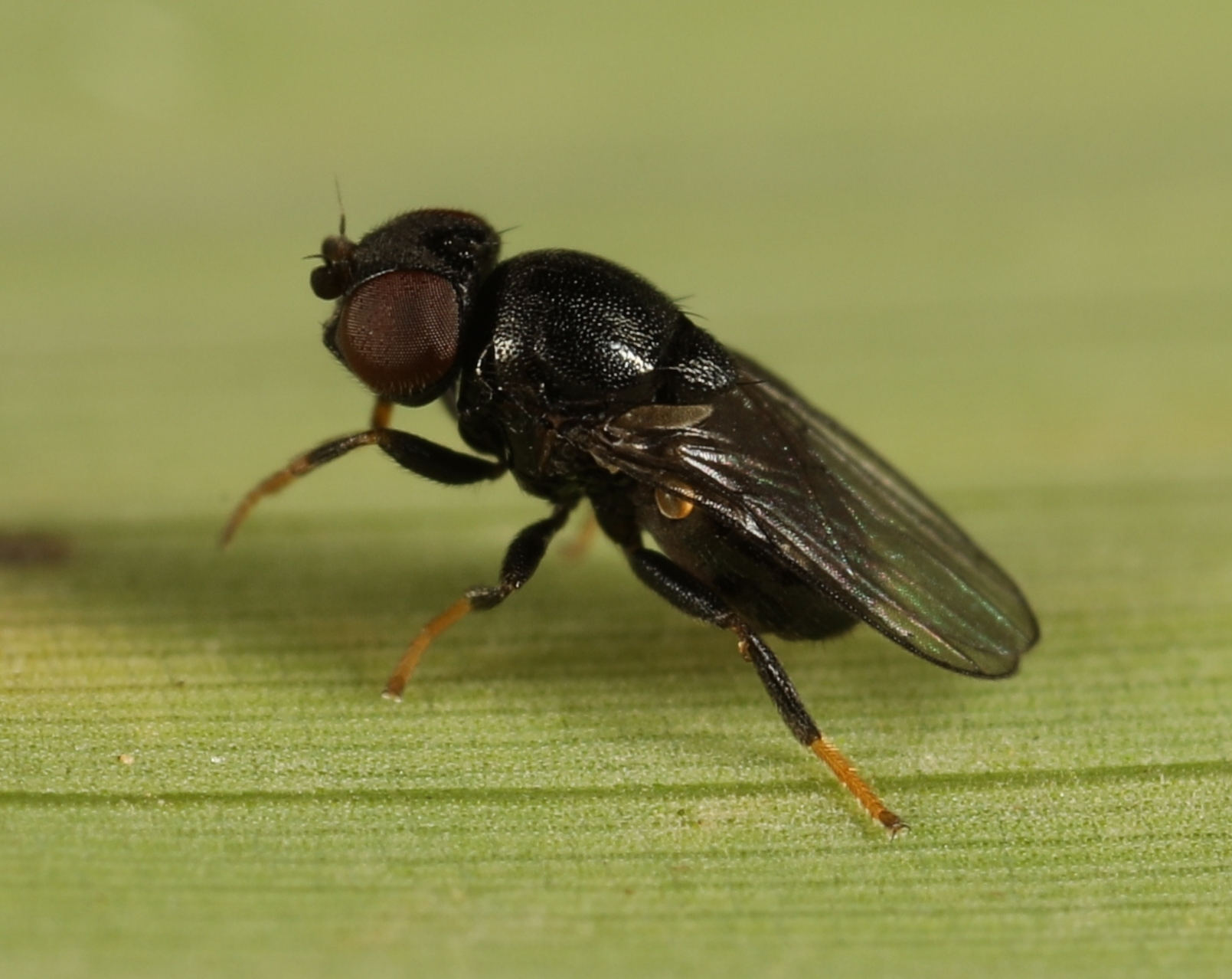 [170.5Kb] |
|
|
|
| Renko |
Posted on 15-01-2023 19:09
|
|
Member Location: North of France Posts: 2392 Joined: 08.10.13 |
4th picture
Renko attached the following image: 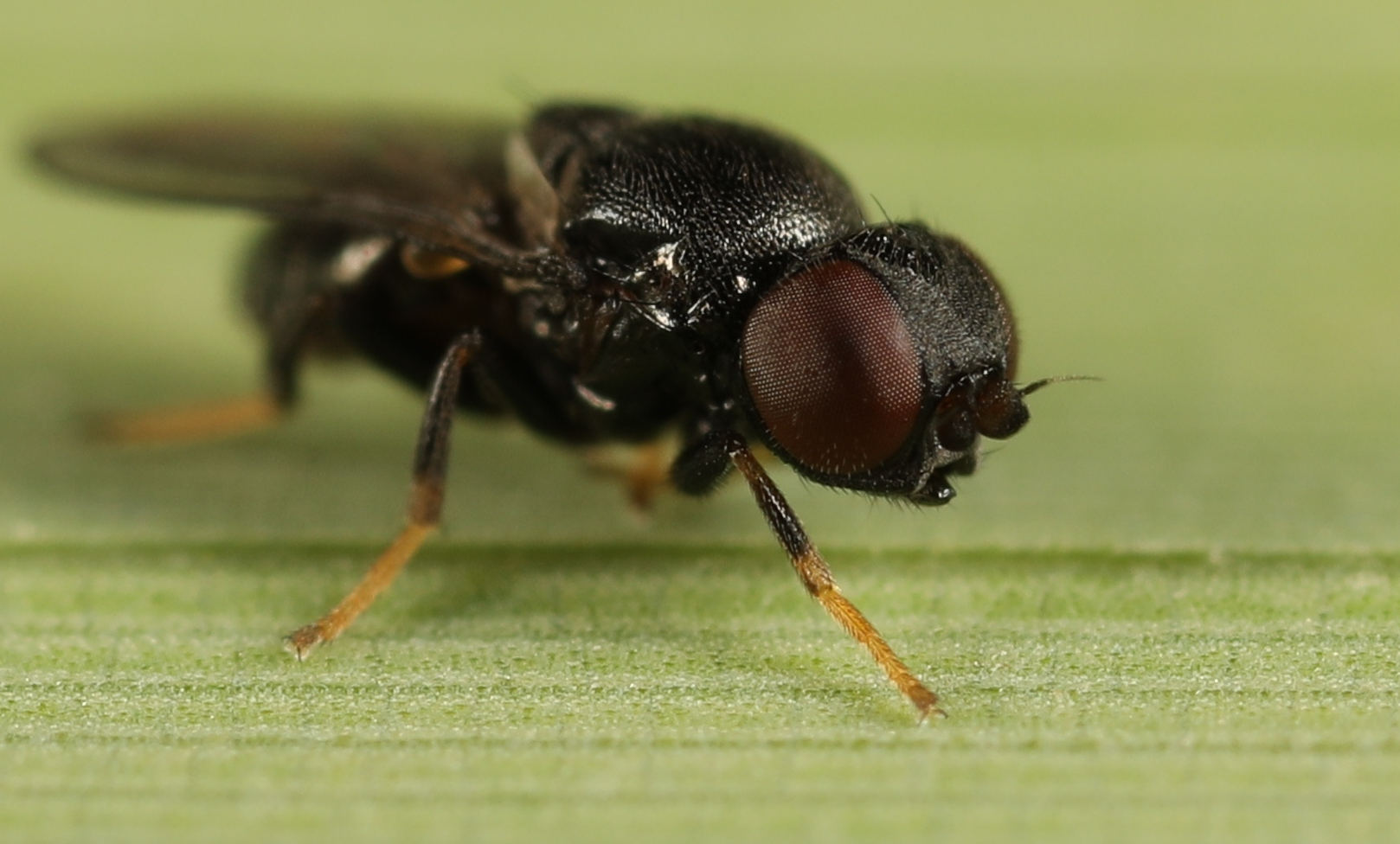 [144.31Kb] |
|
|
|
| Renko |
Posted on 15-01-2023 19:09
|
|
Member Location: North of France Posts: 2392 Joined: 08.10.13 |
5th picture
Renko attached the following image: 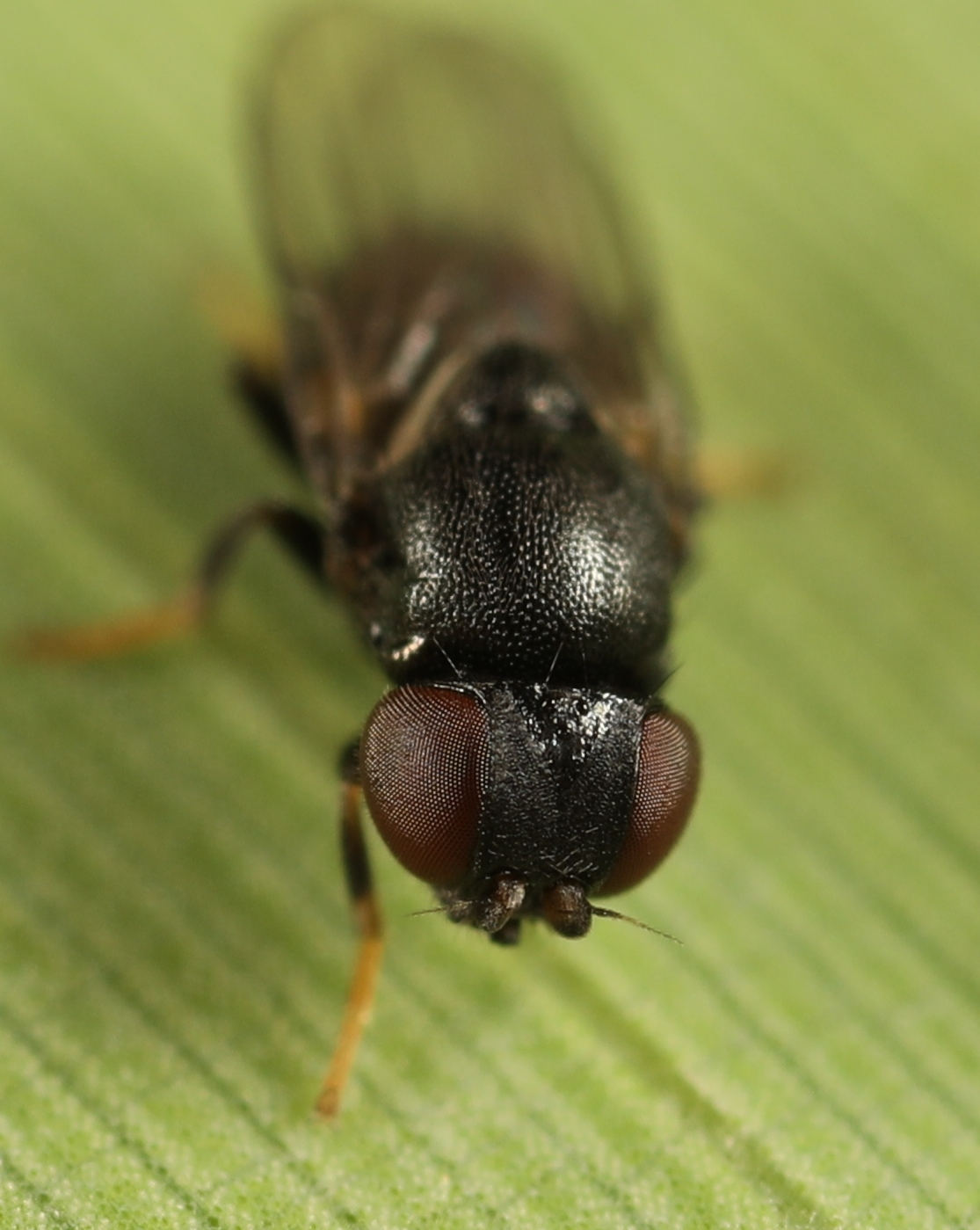 [128.7Kb] |
|
|
|
| Renko |
Posted on 15-01-2023 19:10
|
|
Member Location: North of France Posts: 2392 Joined: 08.10.13 |
Last picture
Renko attached the following image: 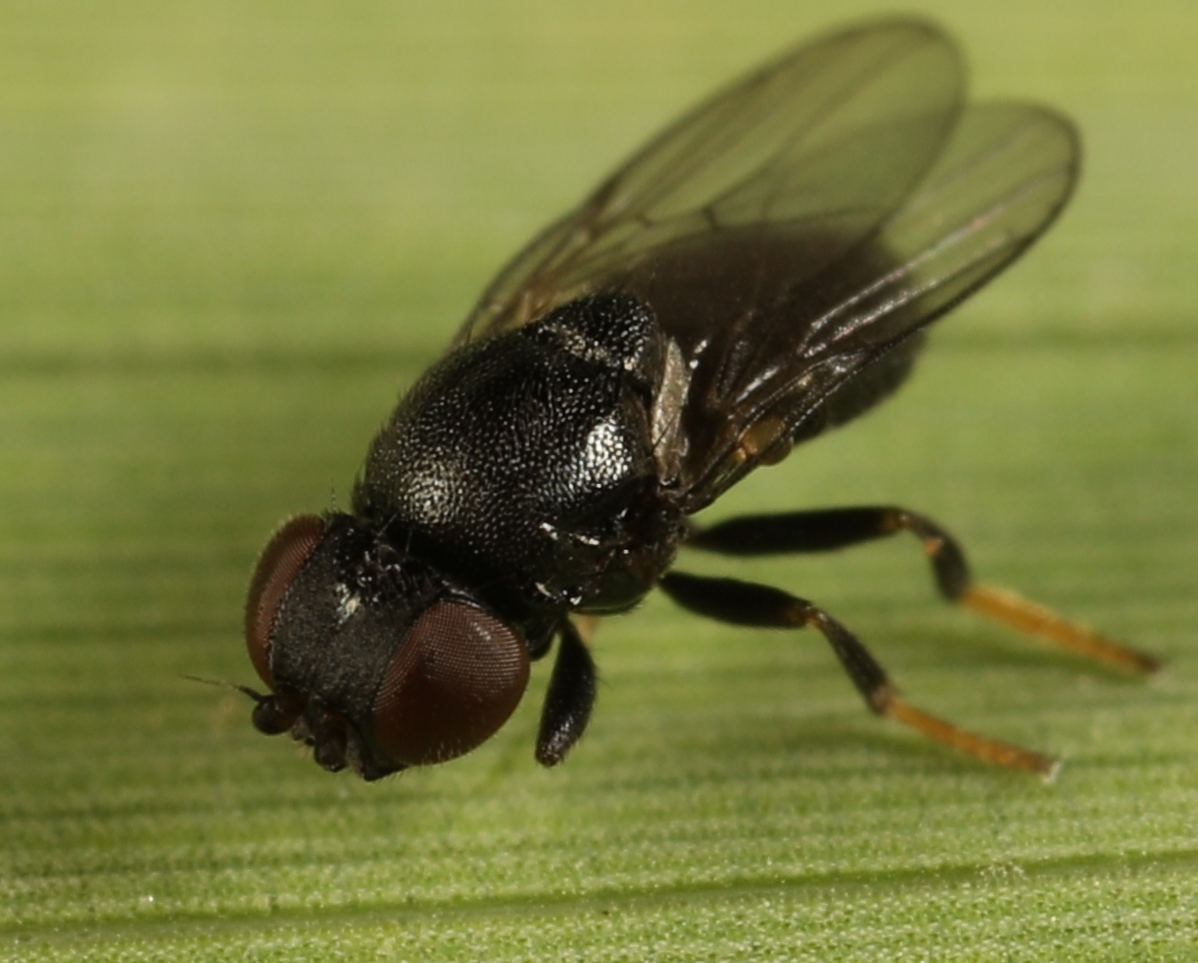 [113.5Kb] |
|
|
|
| von Tschirnhaus |
Posted on 15-01-2023 22:02
|
|
Member Location: Bielefeld, Germany Posts: 454 Joined: 04.11.07 |
Chloropidae, Oscinellinae: Calamoncosis (Rhaphiopyga) glyceriae Nartshuk, 1958. The course scutum (= mesonotum) and the distinct punctures (with microsetulae) on the ocellar triangle are typical features for species belonging into Calamoncosis Enderlein, 1911. For species identification it is important to check if one or two posterior notopleural bristles are present - not to be seen on these images. But the second image (head in profile) lets identify this species: The gena (= jowl) is not evenly rounded but nearly rectangular and slightly protruding with its end just to the level of the anterior edge of the orbit before the eye margin. The lower edge of the upraised head looks a bit bulldozer-like as the elongate proboscis in rest position anteriorly ends just below the vibrissal angle and posteriorly slightly overlaps the hind corner of the jowl. [In swampy biotopes our most abundant C. minima (Strobl, 1893) has a much shorter „normal“ proboscis and a more rounded vibrissal angle, as well a longer and larger ocellar triangle with more punctures on it and with lighter wing membranes]. C. glyceriae with an acute knife-like ovipositor (typical for the subgenus Rhaphiopyga) develops in Glyceria spp., mainly in swamps with stands of G. maxima. In the Italian Alps there occurs an undescribed similar species with 1 + 2 notopleurals and with distinct brown wings not known from other European chloropids.
Edited by von Tschirnhaus on 15-01-2023 22:35 |
| Renko |
Posted on 20-01-2023 11:51
|
|
Member Location: North of France Posts: 2392 Joined: 08.10.13 |
Thanks you very much, Mickael !!  I will post some pictures in the gallery |
|
|
|
| Jump to Forum: |


